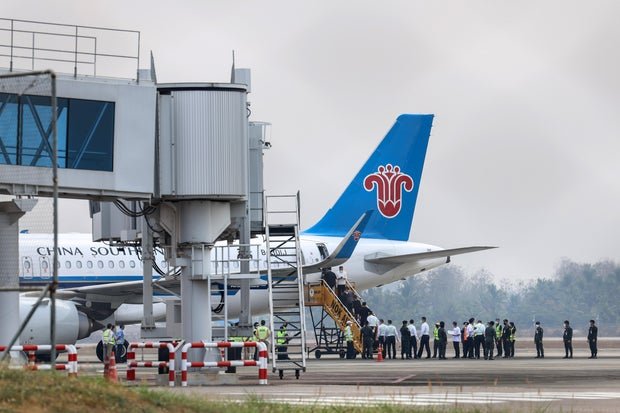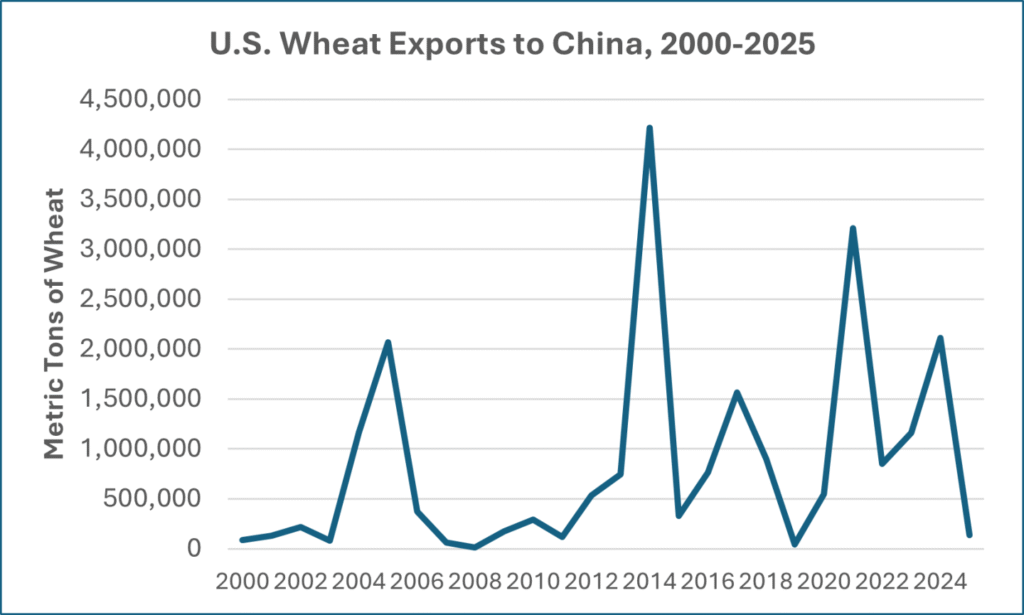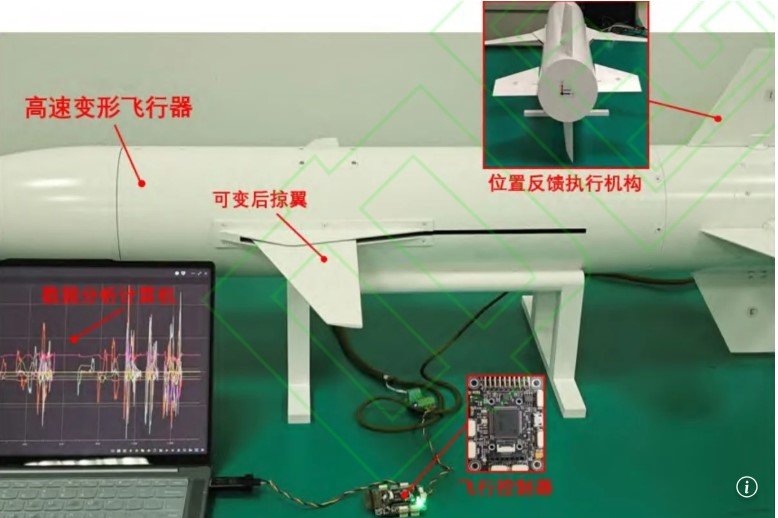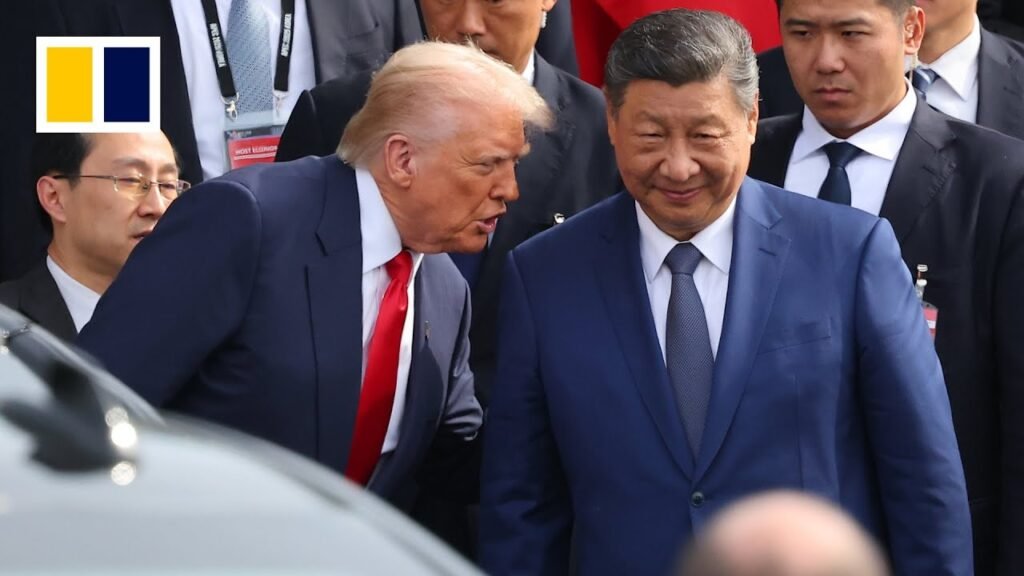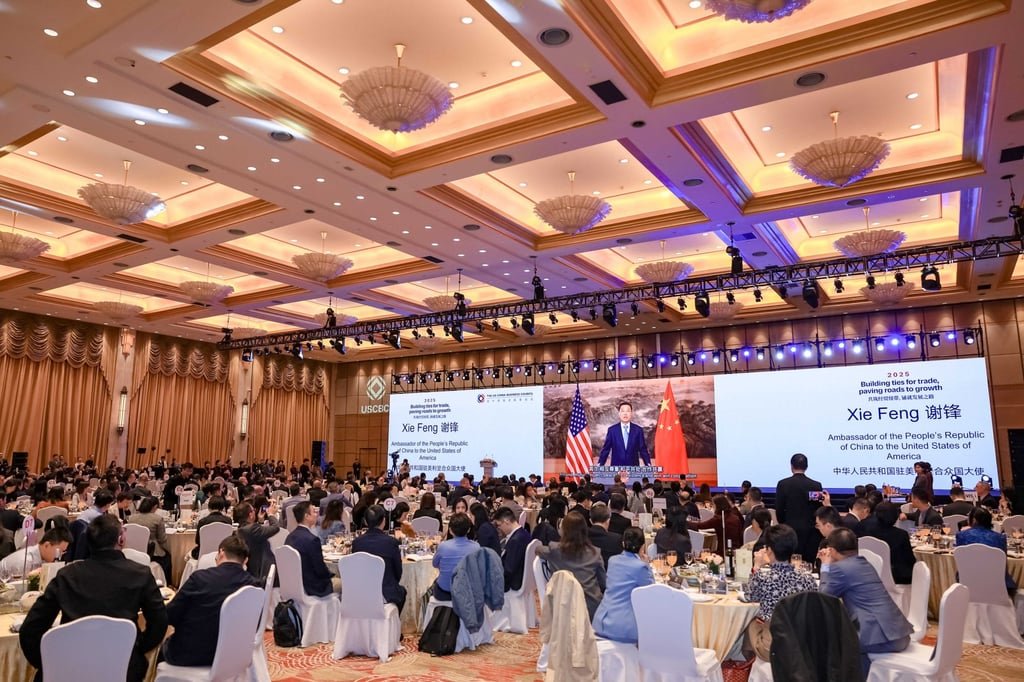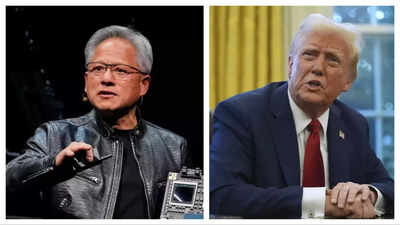
US President Donald Trump has once again made it clear that Nvidia’s most advanced AI chips will not be sold to China. As reported by Reuters, in a taped interview aired on Sunday (November 2) on CBS’ 60 Minutes and in comments to reporters abroad Air Force Once, Trump mentioned that the company’s advanced and cutting-edge Blackwell chips are reserved for US use only. “We cannot sell them to China. We cannot sell them to other people,” Trump said, referring to Nvidia’s Blackwell AI chips, which are considered among the most powerful processors for artificial intelligence applications.
Blackwell chips at the center of AI power
The Blackwell chips from Nvidia are designed to power the next generation AI model which includes large language models and advanced data processing systems. With Nvidia recently surpassing a $5 trillion market capitalisation, the company has become the cornerstone of the global AI supply chain.
Nvidia H20 Chips for China: What’s Really Going On?
The remarks made by Trump comes at a time when concerns are growing in Washington over China’s access to frontier AI technologies. The administration has already imposed export controls on high-performance chips, and Trump’s comments suggest a hardening stance on restricting access to Nvidia’s most advanced products.
National security and strategic controlThe President’s position reflects a broader effort to protect U.S. technological leadership in artificial intelligence. While Nvidia has explored scaled-down versions of its chips for international markets, Trump’s statement signals that Blackwell chips will be off-limits to foreign buyers, especially in China. “These are super powerful chips. We’re not going to let them fall into the wrong hands,” Trump said, according to Reuters.
Navigating US restrictions
The Blackwell chips are Nvidia’s most advanced AI processors and are also among the technologies restricted by the US government for export to certain countries, particularly China over concerns of military and surveillance applications. On the other hand, South Korea is a close ally of US and it is not subject to the same bans imposed on China. Nvidia has not yet disclosed the financial terms or licensing details of the agreement, but the company has revealed that the chips will be used for commercial and research purposes.
Fueling Korea’s AI ambitions
As reported by Reuters, the South Korean government has made AI a national priorityand it aims to build a strong ecosystem that rivals global tech hubs. President Lee Jae-myung’s administration has pledged significant investment in AI infrastructure, and the Nvidia deal is seen as a cornerstone of that strategy. “Just as Korea’s physical factories powered industrial growth, these AI factories will drive digital transformation,” said a government spokesperson.The chips will be used to build high-performance computing clusters capable of training large language models and supporting generative AI applications across industries.

